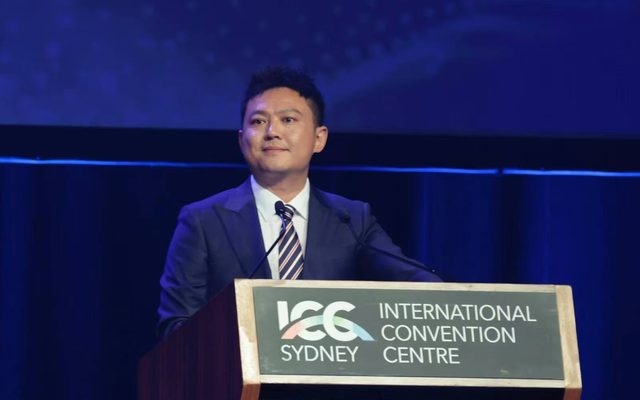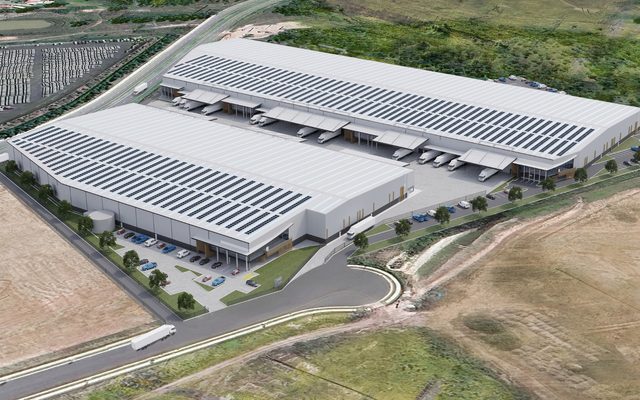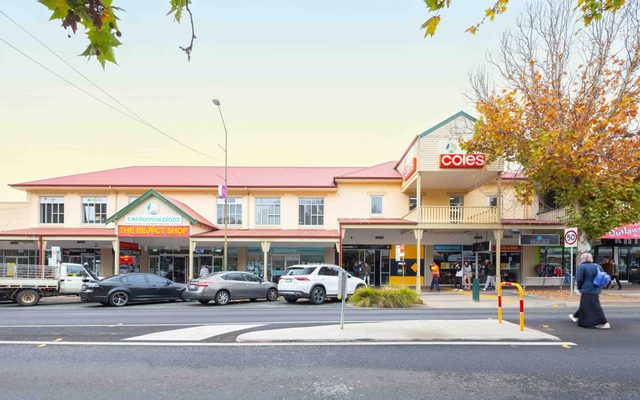This article is from the Australian Property Journal archive
OFFICE leasing activity is expected to return to pre-pandemic levels by 2022 as the sector remains the most popular for investment, but residential and logistics “beds and sheds”, are the investors top picks in 2022.
Prime real estate yields are set to remain largely static over the 12 months to the end of the June quarter of 2022, Savills’ Impacts suggests, but the exception are the industrial and residential sectors, where more expect yields to move in than to remain static or rise, reflecting increased investor interest.
Offices are set to be largely resilient, with 97% of Savills researchers anticipating yields to remain static or fall. While office leasing is tipped to return to resume some normalcy by next year, there are noted variations, with emerging markets such as China, Indonesia and Vietnam the most bullish. Tech occupiers are expected to lead demand across the board, with 79% of Savills researchers anticipating higher activity in their markets than in 2019.
Office generally is expected to be the dominant asset class in 2022. About 60% of all investment in Shenzhen, Beijing, Guangzhou and Seoul is expected to flow into this sector.
Logistics and residential are the next top picks as investors pivot to “beds and sheds” strategies. The is expected to remain 2022’s dominant asset class in Australia. In Sydney, 35% of all investment is expected to flow into this sector.
Investors in North America will favour residential, the world’s biggest market for investable product in this space.
“Based on G7 assumptions, 2022 should herald a return to business as usual for real estate markets around the world.” Simon Hope, head of Savills global capital markets said.
“In the residential and industrial fields, both of which have benefitted from lockdowns, we see continuous prosperity for investors. With the vaccine rollout and the assumption that business travel resumes, this is likely to lead to more international demand, which, when combined with existing domestic demand, is expected to result in a further strengthening in pricing and capital values.”
Meanwhile Asian cities appear to lag behind others when it comes to prioritising sustainable investment, acccording to Savills’ global research program.
“Assuming the bond market remains resilient we anticipate demand and pricing in the sustainable sectors to improve. Based on high levels of government expenditure on capital projects, from the USA to Europe, this could be a strong decade for investment,” Hope said.
International capital is expected to surge into the real estate investment markets. Savills research heads expect, on average, 47% of all investment in 2022 to come from international investors (just under half of this will be from neighbouring countries) and 53% from domestic sources.
Paul Craig, CEO of Savills Australia and New Zealand, said Australia has secured a safe haven status for investment being the only G7 National that has recorded GDP growth relative to pre-pandemic GDP which encourages further demand from offshore capital. Australia is also one of nine economies globally to have a AAA “stable” S&P credit rating, fuelling further investor confidence.
Offshore investment into Sydney and Melbourne is about 61% of total volume as of June, with Canada, Singapore and US being the top three countries of origin.
“Surprisingly, the office sector has proven to be resilient through the pandemic. Capital values have sharpened in the last 12 months, a result of how Australia handled the COVID-19 pandemic, which ultimately increased investor confidence in the office sector,” Craig said.
A vast majority of office leasing demand is ultimately being fuelled by the deals on offer for tenants, allowing tenants to upgrade both their building and fit-out creating a new environment for their staff.
“A key indicator of business confidence within the market is the amount of five-plus year leases being entered into,” Craig said. Face rents are holding, and downtime assumptions are often being outperformed due to fit-outs being in place and pent-up demand resulting in shorter lead times.
Retail demand in 2022 is expected to be driven by existing domestic institutional owners rather than offshore groups, due to the more intensive nature of shopping centre management that favours institutional owners with established management platforms and ownership portfolios.
“The risks which appeared in 2020 have not carried over to 2021, with rental streams bouncing back to near normal levels and overall consumption increasing,” Craig said.
Green premium
Three-quarters of Savills research heads indicated that sustainability is an important part of investors’ strategies, however, researchers in several major cities in Asia-Pacific said it is not yet deemed important by buyers, including Hong Kong, Tokyo, Jakarta, and Seoul.
But this is expected to change soon given the global focus on the ESG agenda. A majority of Savills researchers (54%) believe that company reputation is the strongest driving factor for embracing a sustainability-led investment strategy, while 46% indicated the opportunity to increase returns was also a significant motivator.
“It’s interesting that, in the opinion of our researchers, reputational threat seems to be a higher motivating factor than seeking higher returns in pursuing an ESG-led investment strategy,” Sophie Chick, director in Savills’ world research teams said.
“Although some studies show that assets with high ESG credentials deliver higher rents and therefore better income returns, it’s still hard to separate out how much sustainability plays a factor here and how much is due to these often simply being the newest and best assets in their markets.
“This highlights the challenges for the industry in assessing the ‘green premium’.”
“Nonetheless, the fact the vast majority believe sustainable investment is here to stay is a good thing, and in those locations where it’s not currently top of the agenda, it’s inevitably only a matter of time.”




